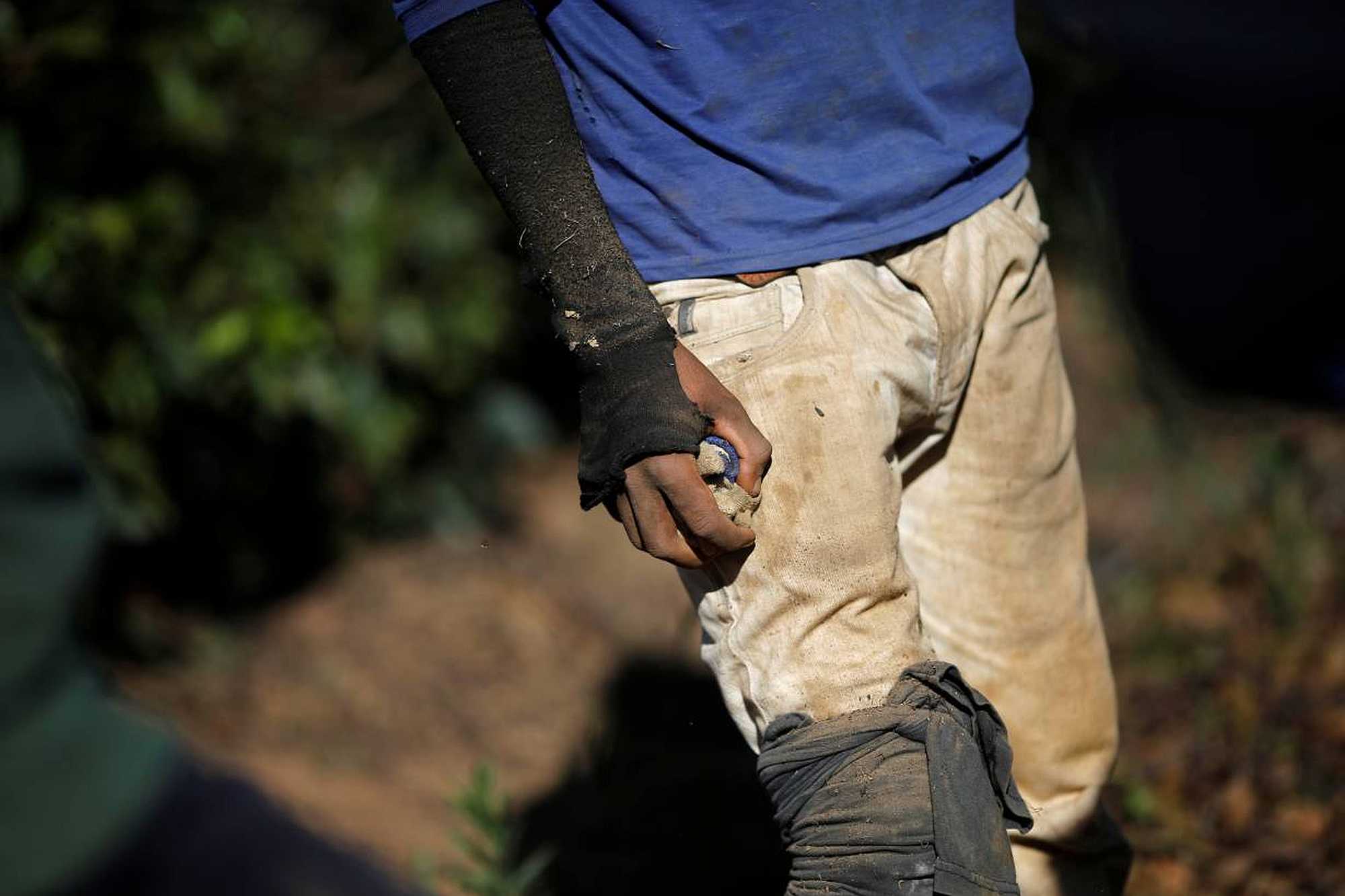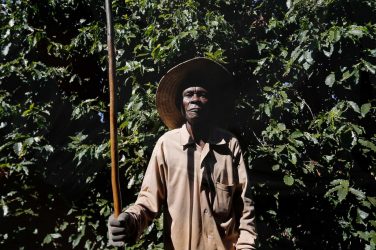A large Brazilian tobacco exporter has been charged with using slave labor in the country’s first government action against a tobacco company for conditions on a farm, labor inspectors informed.
Nine workers, of whom five were children aged from nine to 16, were rescued last week from a farm in Venancio Aires in the southern state of Rio Grande do Sul that had an exclusive contract with CTA Continental Tobaccos Alliance.
Labor inspectors said the workers were found living in poor conditions at the farm where they were paid less than a third of Brazil’s minimum wage. They also lacked protective gear, leaving them exposed to high concentrations of nicotine.
“(The workers) had acute intoxication, they had nausea, they vomited,” said labor inspector Lucilene Pacini. “The children were also suffering from symptoms of acute intoxication.”
Pacini said the rescue was the third since 2019 in Venancio Aires, one of Brazil’s largest tobacco producing areas. Brazil is one of the world’s largest tobacco producers, with exports worth US$ 1.6 billion in 2020, according to industry group SindiTabaco.
CTA, a major exporter that ships to over 50 countries, said it was not responsible for the workers but it had a contract with the farm owner who was responsible for hiring.
The company – that also owns a factory to process the tobacco – added that its relationship with tobacco producers was “exclusively commercial” and it had programs to fight child labor in the tobacco industry.
“CTA Continental Tobaccos Alliance SA reiterates that it carries out all its operations in accordance with the legislation,” the company said in a statement.
In Brazil, slavery is defined as forced labor but also covers debt bondage, degrading work conditions, long hours that pose a risk to health, and any work that violates human dignity.
Since Brazil first started its anti-slavery taskforce in 1995, more than 55,000 people have been found in slavery-like conditions in the country.
According to the labor inspectors, the whole tobacco industry in that region operates in a similar way to CTA where a company signs a deal with farmers to provide credit, seeds and equipment in exchange for exclusive rights to the farm output.
The contracts say that the company can audit the farm and dictate how to develop the crops.
CTA has such contracts with about 12,000 farmers in three states in southern Brazil, according to its website.
But the labor inspectors said this degree of control meant the companies should be responsible for the working conditions at the farms they contracted.
“The (tobacco) industry’s current position of not being responsible for the illegal exploitation of the workforce … has to be faced. The companies have to be called to account,” said labor inspector Leandro Vagliati, who was also part of the raid on the farm.
If found guilty of using slave labor after a government review, CTA could be added to Brazil’s “dirty list” of companies that have engaged in slave labor.
Companies remain on the list for two years and are barred during that period from receiving state loans. The list is also used by international buyers concerned about supply chains.
This article was produced by the Thomson Reuters Foundation. Visit them at https://news.trust.org/






